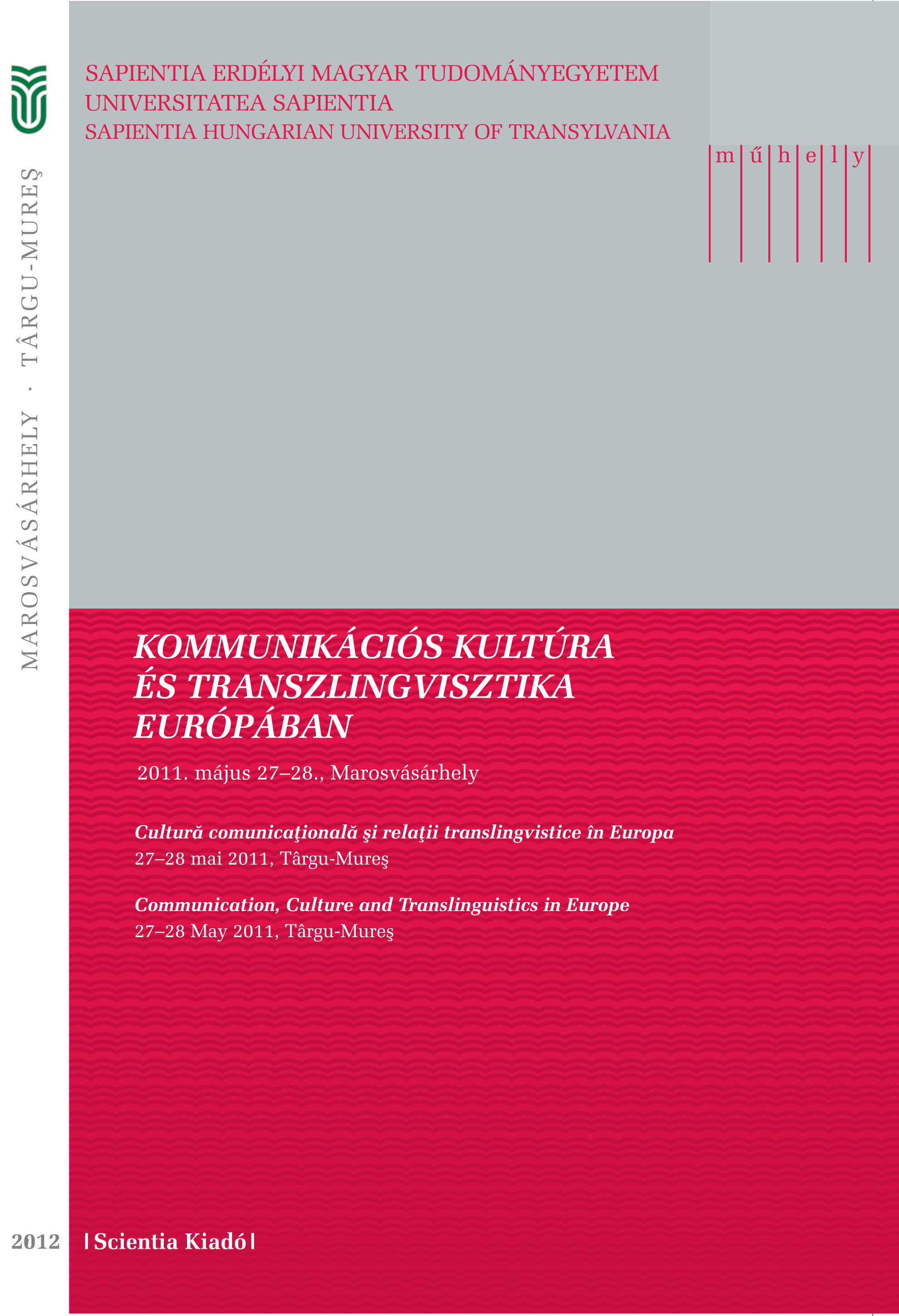AUDIOVIZUÁLIS MÉDIUMOK JELENLÉTE A SZÉKELYFÖLDI MAGYAR KÖZÖSSÉGBEN
THE PUBLIC TELEVISION`S ROLE IN THE DEFINITION OF NATIONAL IDENTITIES
Author(s): Anna Kós
Subject(s): Media studies, Nationalism Studies, Identity of Collectives
Published by: Scientia Kiadó
Keywords: commercial television; public television; Szeklerland; Romanian TV news; Duna TV; RTV; national identities;
Summary/Abstract: The functions of TV were accomplished by researchers for decades, from the beginning of its communicational resources. From the beginning, its importance in the society kept the attention of the sociologists and experts in communications. As opposed to commercial televisions, public televisions have a special situation because their establishment is supported by taxes paid by the citizens; their legal obligation (prescribed and controlled by the law) is to give valid and high-fidelity information to all taxpayers. According to this definition, public TV broadcasted on ethnic minority regions like Szeklerland must meet the expectations of licence holders, too, from this region. In my dissertation, I compare the communication features of the Romanian TV News to the Hungarian Transmission News broadcasted through Duna TV and RTV.
Book: Kommunikációs kultúra és transzlingvisztika Európában
- Page Range: 73-83
- Page Count: 11
- Publication Year: 2012
- Language: Hungarian
- Content File-PDF

